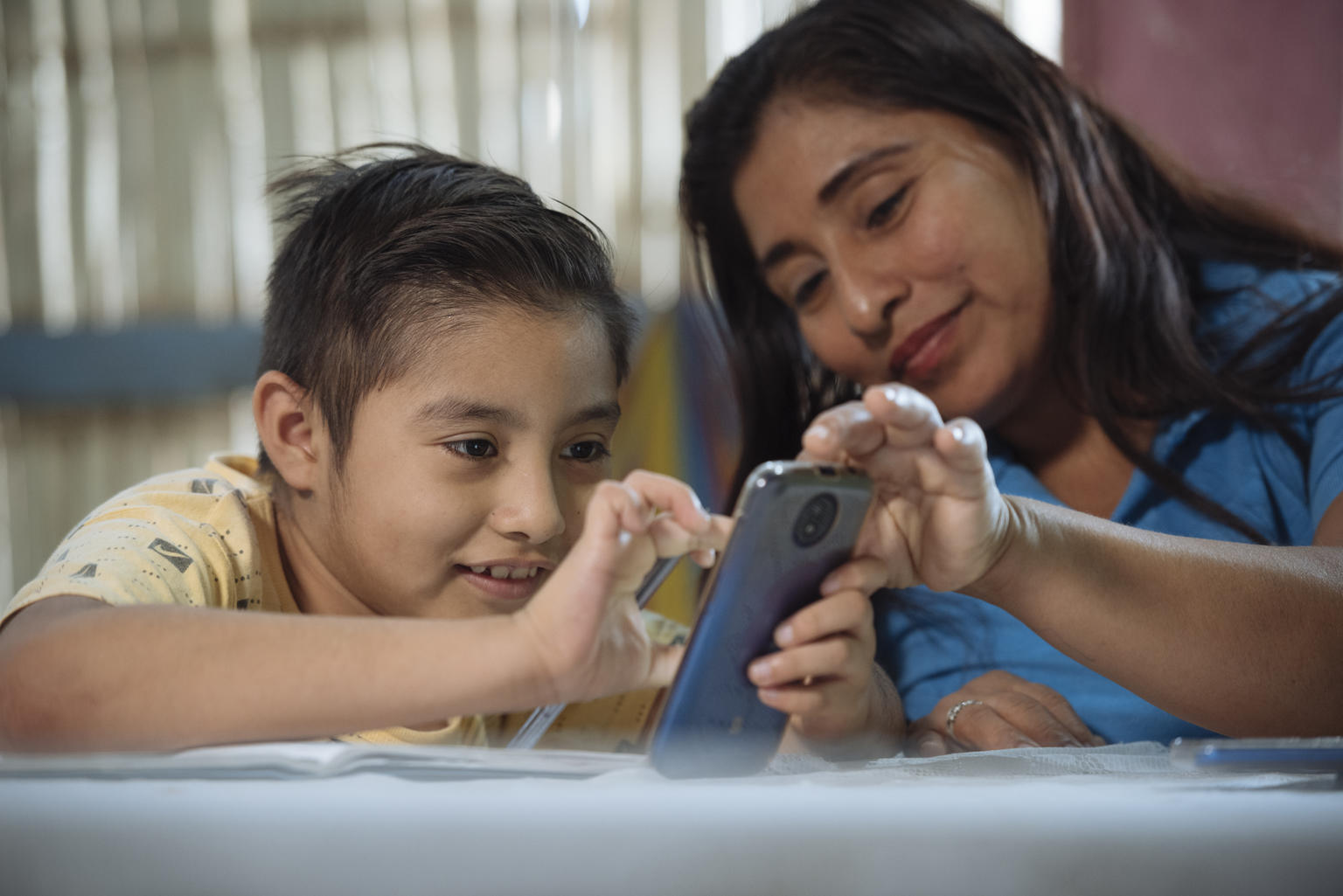
Research has found that positive parenting is a skill that can be learned to help provide a better childhood, reduce maltreatment and violence, and create a healthier life and better future for children. While poor parenting has been linked to childhood adversities and life-long consequences for physical and mental well-being, positive parenting interventions have many beneficial impacts for children and youth, as well as for their relationships with their caregivers.
To protect and help children, parents and caregivers need to be equipped with the right knowledge and tools. And the Global Parenting Initiative (GPI) is doing just that by providing parents and caregivers around the world with resources that support and guide evidence-backed ways of positive parenting.
This 5-year project by the Universities of Oxford and Cape Town and supported by the Oak Foundation builds on the Parenting for Lifelong Health programme’s experience in developing and testing in-person, digital, and hybrid parenting programmes in the Global South over the past 10 years. The various resources and interventions cut across geographic and language barriers, providing access to low-resource and vulnerable settings.
With the onset of the COVID-19 pandemic, parents and caregivers faced unprecedented challenges and children were (and remain) at greater risk of violence and not reaching their full potential. More than 1.5 billion children were out of school, disrupting children’s learning, routines, and support systems. The pandemic is exacerbating the vulnerabilities of already disadvantaged and marginalised families and children.
Recognising the urgent and clear need for a rapid and timely responses to support caregivers, Parenting for Lifelong Health produced a suite of evidence-based playful parenting resources. Programmes have been developed and rigorously tested through a collaboration between WHO, Stellenbosch University and the University of Cape Town in South Africa, the universities of Oxford, Bangor, and Reading in the United Kingdom, and UNICEF. The resources focus on building positive parent-child relationships and reducing violence against children by learning through play, reinforcing positive and managing difficult behaviours, creating structure and routines, talking about COVID-19, keeping children safe online, and reducing stress and conflict.
Reaching 197.9 million parents in 189 countries
To make sure these resources are available around the world and accessible in low-resource settings, they are made open-source, non-commercial, and available in 100 different languages. Today, the COVID-19 parenting tips created for PLH have reached 197.9 million parents in 189 countries. Tools such as online parenting support groups for parents, consultations with trained facilitators, mobile apps, and impact studies on the effectiveness of the COVID-19 parenting tips have been produced via PLH.
Being implemented from January 2022 to December 2026, the Global Parenting Initiative (GPI) will aim to scale-up action and innovate to prevent physical, sexual and emotional violence against children; and improve playful parenting and child development outcomes. Efforts will be made to:
- Facilitate shared learning exchanges and individual and institutional empowerment in the Global South
- Support advocacy for policy impact on country, regional, and global levels
- Enable scale-up of playful parenting support in government, NGO, and private sector systems.
This marks another important step towards providing access to free, evidence-based parenting support to every parent, everywhere, so that caregivers are equipped with the knowledge and tools to protect their children from violence and abuse.
Photo credit: © UNICEF/UN0361920/Arcos